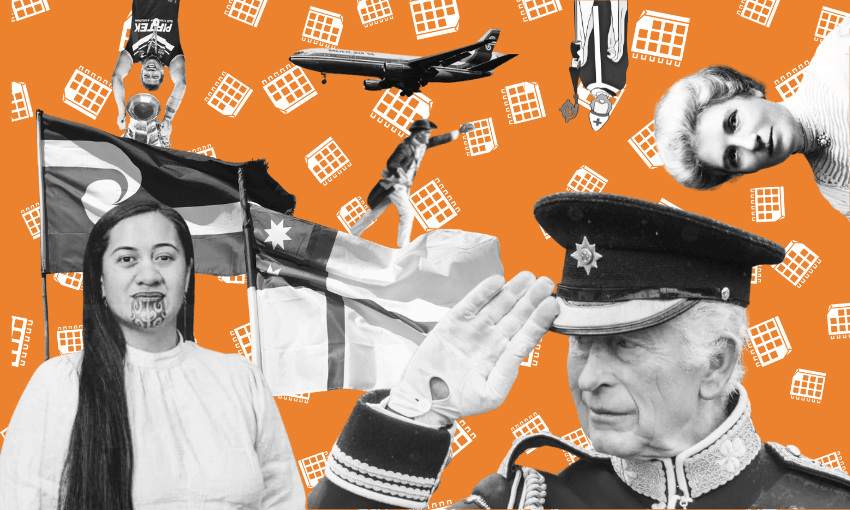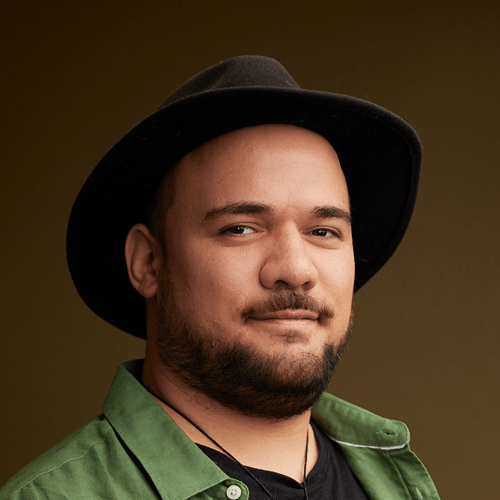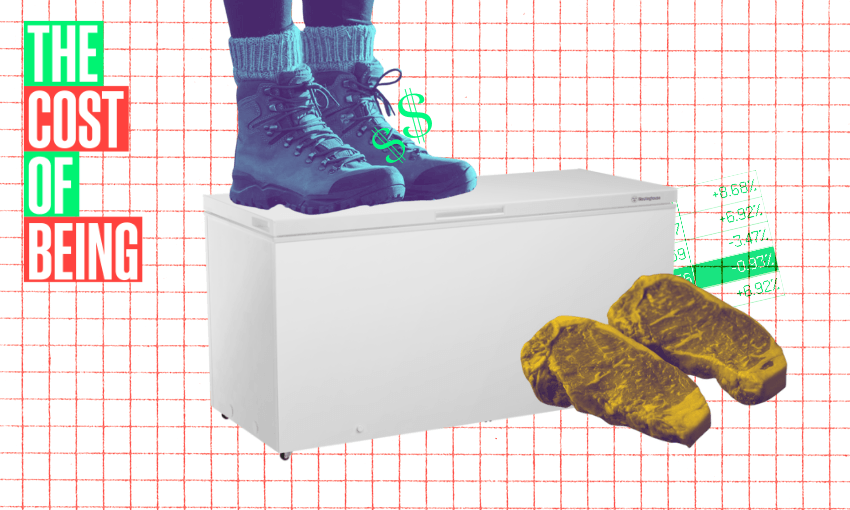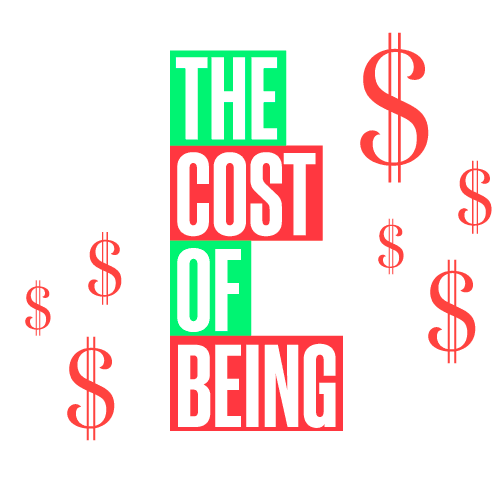A list of the best alternative public holiday ideas in place of celebrating the (fake) birth of King Charles III.
This time last year, I wrote about why I was sick of celebrating the birth of the king of New Zealand. Not much has changed. My objections remain the same: colonisation is nothing to celebrate, and the relevance of an old white man on a throne in England continues to decline – especially for a country building its own independent identity.
Matariki now gives us a beautiful, reflective mid-year break – somewhere around June or July depending on the maramataka. But the back half of the calendar, especially between July and October, remains a bit of a public holiday desert. Replacing King’s Birthday with a holiday in that later period would not only be more meaningful, it’d make for a better spread across the year. And really, isn’t that a much better reason for a day off?
Sure, replacing the King’s Birthday holiday might be mostly symbolic. You could argue it’s just cutting the flowers off the gorse. But symbols matter – and public holidays are one of the clearest ways we show who and what we value as a nation. So, with another long weekend rolling in to honour “our gracious king”, here are some ideas for holidays Aotearoa could celebrate instead.
Koroneihana – A celebration of Māori leadership
Each year, thousands gather at Tūrangawaewae marae in Ngāruawāhia for Koroneihana – the anniversary of the Māori monarch’s coronation. This year, it will be held from August 30 to September 5, marking a year since the passing of Kīngi Tūheitia Potatau Te Wherowhero VII and the ascension of his daughter, Kuini Nga wai hono i te po. It’s a week of kapa haka, kōrero, whanaungatanga and wānanga. In contrast to the King’s Birthday, Koroneihana celebrates a leadership tradition born of this land and carried by Māori, for Māori. That’s a public holiday worth getting behind.
Women’s Suffrage Day – September 19
Aotearoa was the first country in the world where women won the right to vote. We commemorate it with speeches and social media posts – but why not with a public holiday too? September 19, the date in 1893 when women’s suffrage was signed into law, would be an ideal opportunity to reflect on our democratic milestones and acknowledge the ongoing struggle for gender equity in all areas of life.
He Whakaputanga – October 28
Waitangi Day commemorates the signing of Te Tiriti o Waitangi. But before that, there was He Whakaputanga o te Rangatiratanga o Nu Tireni – the Declaration of Independence of the United Tribes of New Zealand, signed on October 28, 1835. Recognised by the British Crown at the time, it affirmed the sovereignty of Māori hapū and rangatira. A public holiday for He Whakaputanga would be a powerful acknowledgment of this foundational document – and a reminder that the story of Aotearoa didn’t begin with colonisation.
Te reo Māori becomes official – August 1
In 1987, te reo Māori became an official language of Aotearoa. The move followed decades of activism, marches, petitions and protest from Māori determined to revive and protect their language. Given that Te Wiki o te Reo Māori often falls in September, August 1 could anchor the season with a national day honouring our indigenous language and those who fought for its survival.
A national day of remembrance
While Anzac Day is a cornerstone of national reflection, other tragedies in Aotearoa’s history deserve dedicated space in our collective memory. The Christchurch mosque attacks (2019), the Tangiwai disaster (1953), the Erebus crash (1979), and the destruction of the Pink and White Terraces in the 1886 Tarawera eruption all shaped who we are. A single national remembrance day could honour any one of these events – or all of them – and the resilience of the communities affected.
Our greatest sporting triumphs
This one’s a lot less solemn, but arguably considered just as unifying. Why not a public holiday marking a historic sporting achievement? The All Blacks’ 1987 Rugby World Cup win, the Kiwis’ stunning 2008 Rugby League World Cup victory, or even the Black Ferns’ 2022 title? We shut down the country for the America’s Cup, after all.
‘Cook’s death day’ – February 14
February 14, 1779 – the day Captain James Cook was killed in Hawai’i. It’s also Valentine’s Day. ‘Nuff said.
Whether it’s celebrating rangatiratanga, suffrage, language, resilience, or just good old-fashioned sporting excellence, there are plenty of meaningful, relevant and proudly local holidays that could take the place of King’s Birthday. The monarchy may be slow to fade, but our calendars don’t have to be stuck in the past.




